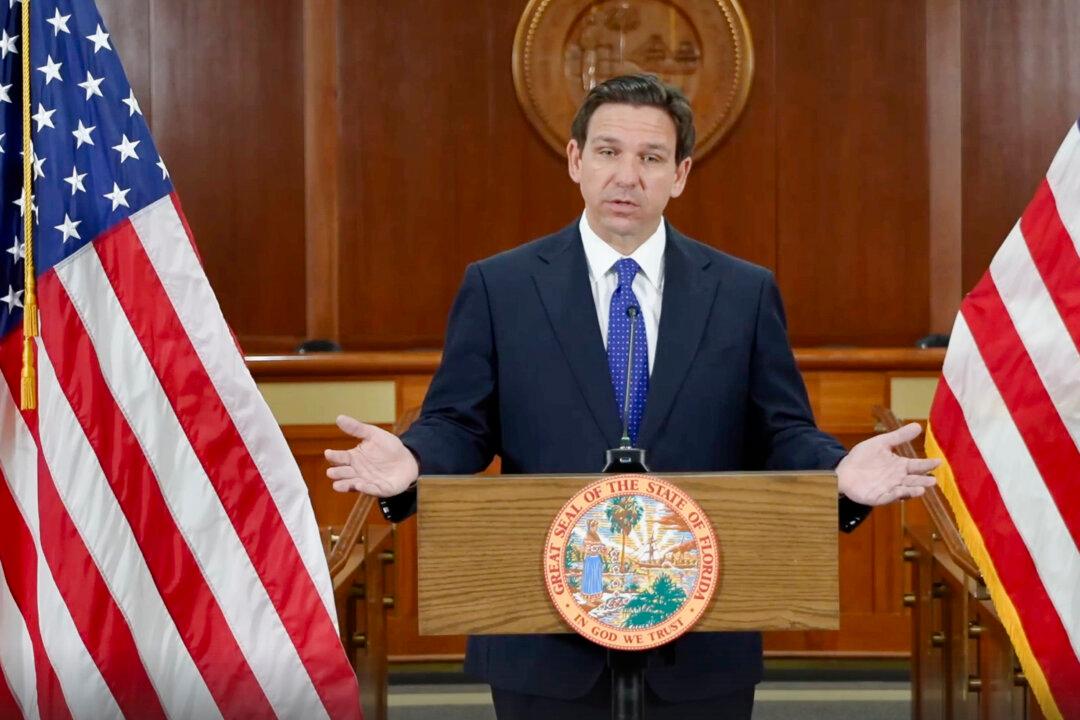The Supreme Court of Florida has upheld Gov. Ron DeSantis’ suspension of former state attorney Monique Worrell in a ruling issued on Thursday.
In August 2023, the governor issued an executive order suspending Ms. Worrell, the state attorney for the 9th Judicial Circuit, which serves metro Orlando, for “neglecting her duty to faithfully prosecute crime in her jurisdiction.”





